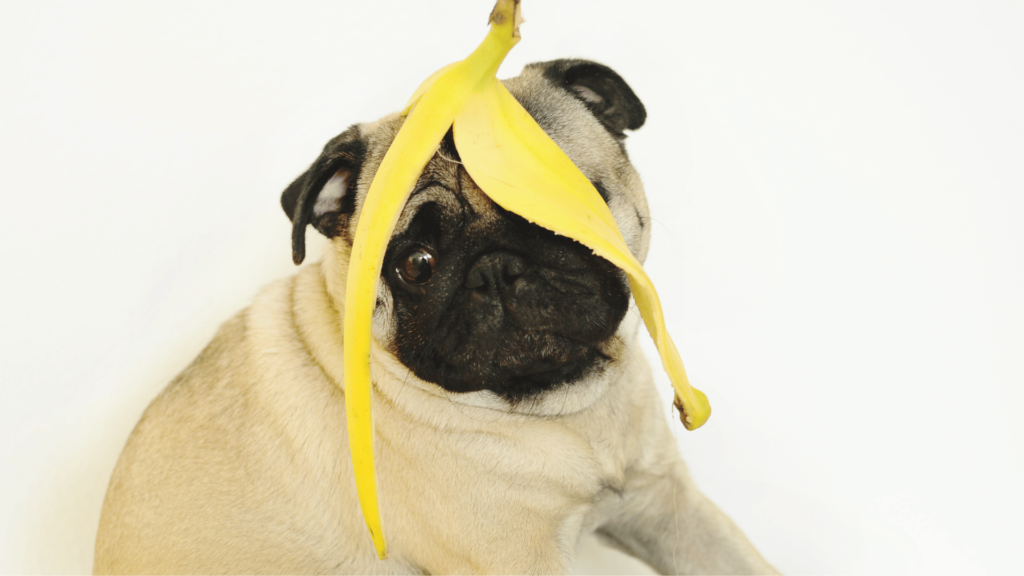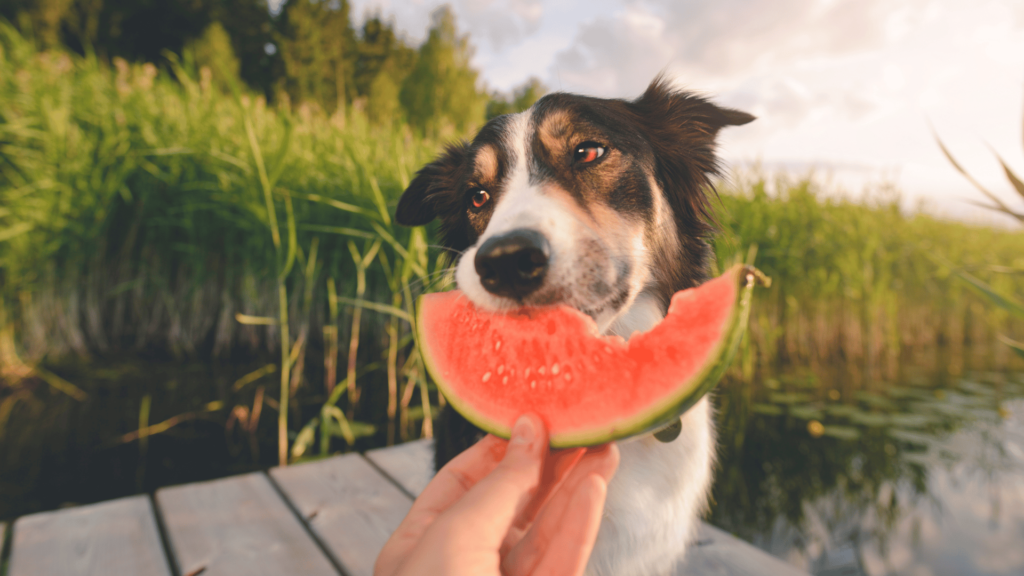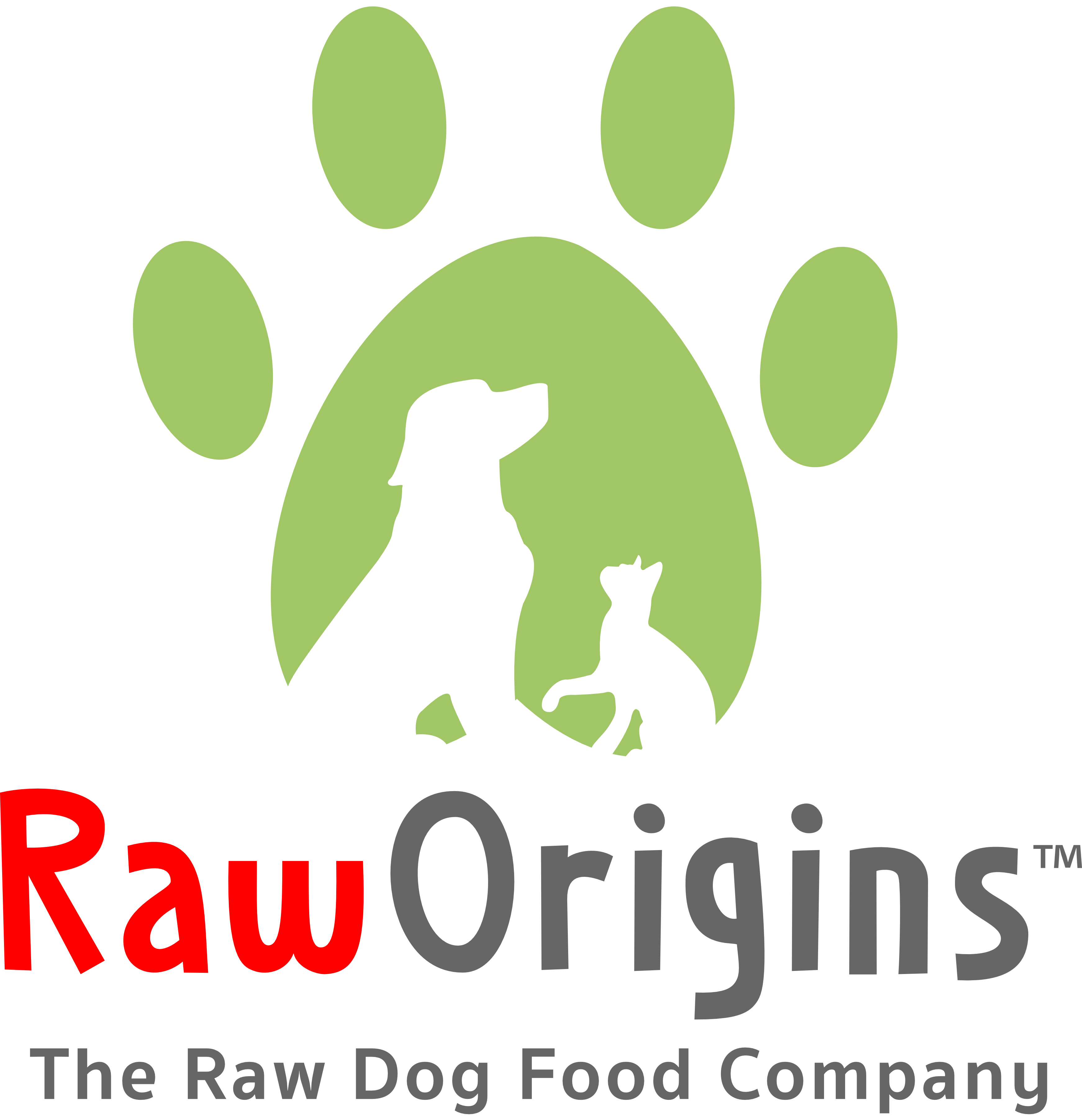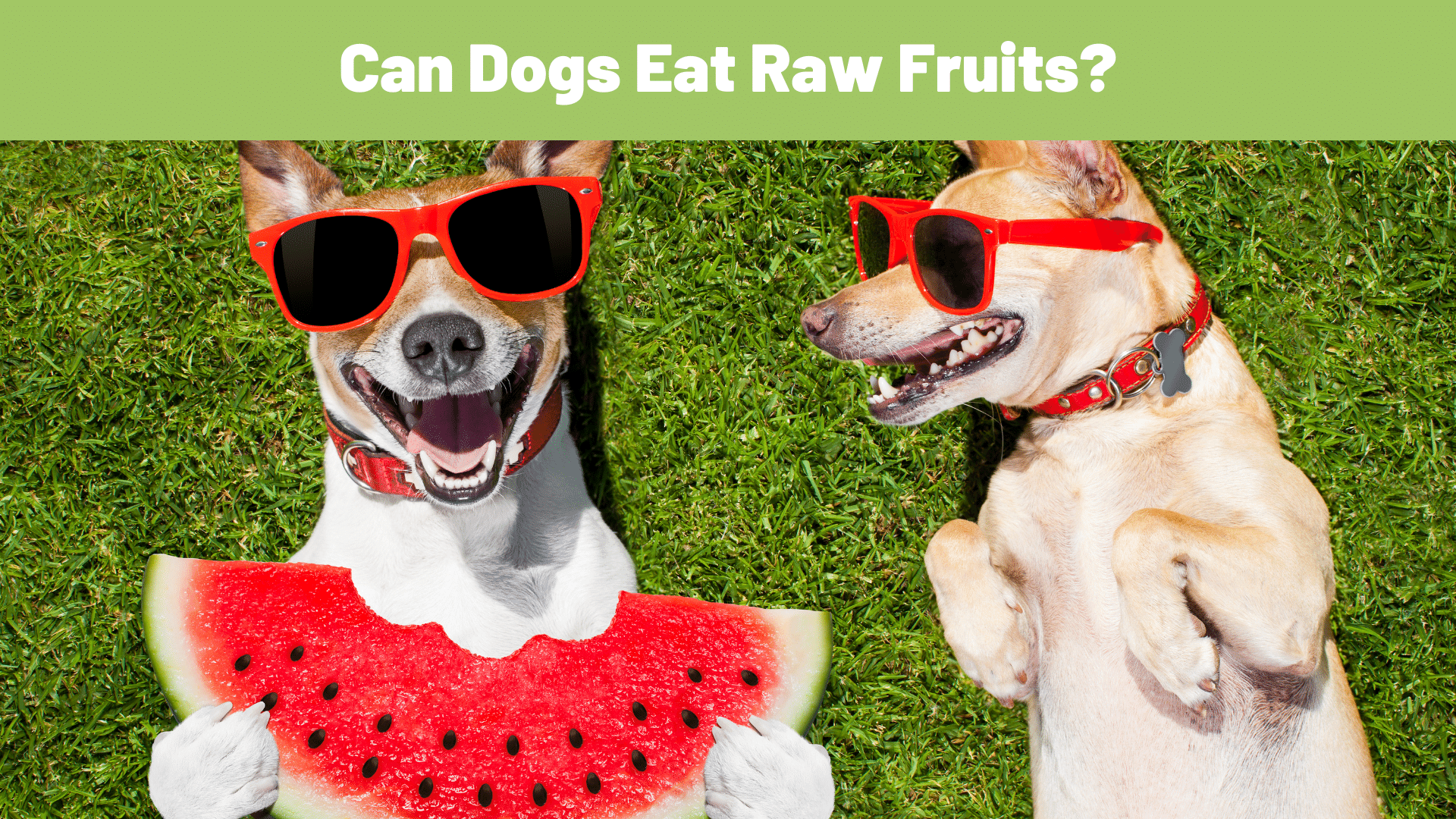We all love sharing our food with our furry companions, and fruits are a tempting treat. But can dogs actually eat raw fruits, and if so, which ones are safe and beneficial? This article dives into the world of canine fruit consumption, exploring the potential benefits, potential risks, and the best practices for incorporating fruits into your dog’s diet.
Can Dogs Digest Fruits?
While dogs are classified as omnivores, their digestive system is primarily designed for processing meat. Unlike humans, they lack the enzymes needed to efficiently break down complex sugars found in fruits. However, this doesn’t mean all fruits are off-limits. In moderation, some fruits can be a healthy and enjoyable addition to your dog’s diet.

Benefits of Raw Fruits for Dogs
Certain fruits offer a multifaceted approach to enhancing your dog’s well-being. Packed with essential vitamins and minerals such as vitamin C and fiber, these fruits contribute significantly to overall health. Additionally, the rich antioxidant content in fruits aids in combating free radicals, potentially reducing the risk of chronic diseases.
On hot days, fruits with high water content, like watermelon, serve as a refreshing treat, simultaneously contributing to your dog’s hydration. Furthermore, the crunchy texture of select fruits plays a role in promoting dental health by supporting healthy teeth and gums.
Safe Fruits for Dogs
When it comes to safe fruits for dogs, there are several options to choose from. Apples, when sliced and with the core removed, can be a tasty and safe treat. Bananas are also suitable for dogs in moderation, considering their high sugar content. Blueberries are an excellent choice as they provide antioxidants.
Cantaloupe, when seedless and given in moderation, is another option. Cranberries are not only safe but may also help prevent urinary tract infections. Strawberries, rich in fiber and vitamin C, are a nutritious choice. Seedless watermelon is not only hydrating but also a safe and enjoyable fruit for dogs. Always remember to introduce new treats gradually and in moderation to ensure your dog’s well-being.

Fruits to Avoid
Several fruits pose potential dangers to dogs. Grapes and raisins can be toxic and lead to kidney failure, while citrus fruits may cause stomach upset. Avocado is another hazard for dogs, as its pit and skin contain persin, a substance toxic to them.
Additionally, cherries are risky due to the cyanide found in their pits, which is poisonous to dogs. It is crucial for pet owners to be aware of these potential dangers and avoid feeding these fruits to their canine companions to ensure their well-being.
Important Tips for Feeding Fruits to Dogs
When introducing new fruits to your dog’s diet, it’s crucial to start slowly by offering small quantities and closely monitoring for adverse reactions such as vomiting, diarrhea, or allergies. Additionally, ensure that you remove pits and seeds from fruits to prevent choking hazards or exposure to harmful toxins.
Prior to serving, it’s important to wash fruits thoroughly to eliminate any dirt or pesticides. Remember that moderation is key, as fruits should only be occasional treats and not a significant part of your dog’s regular diet. This cautious approach will help keep your dog safe and healthy while enjoying the benefits of different fruits.
While some raw fruits can be a healthy and enjoyable addition to your dog’s diet, it’s crucial to prioritize safety and moderation. Remember, a balanced diet formulated for your dog’s specific needs should always be the foundation of their nutrition. Get updated knowledge on how to feed raw, discounts, coupons, and holistic rearing at www.raworigins.pet.

